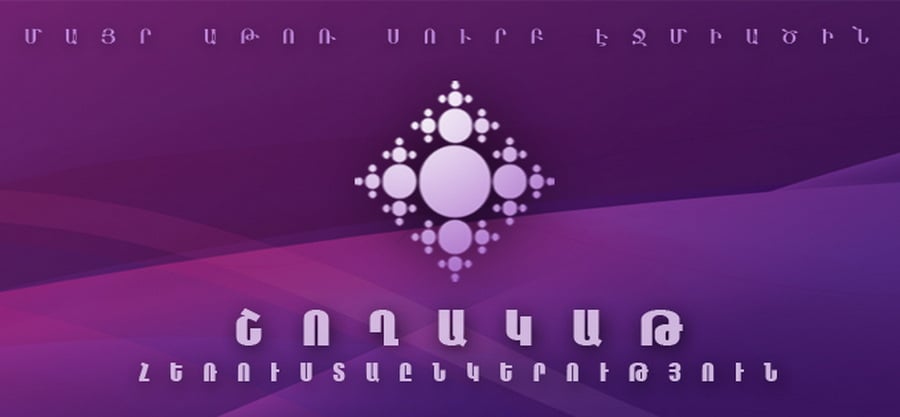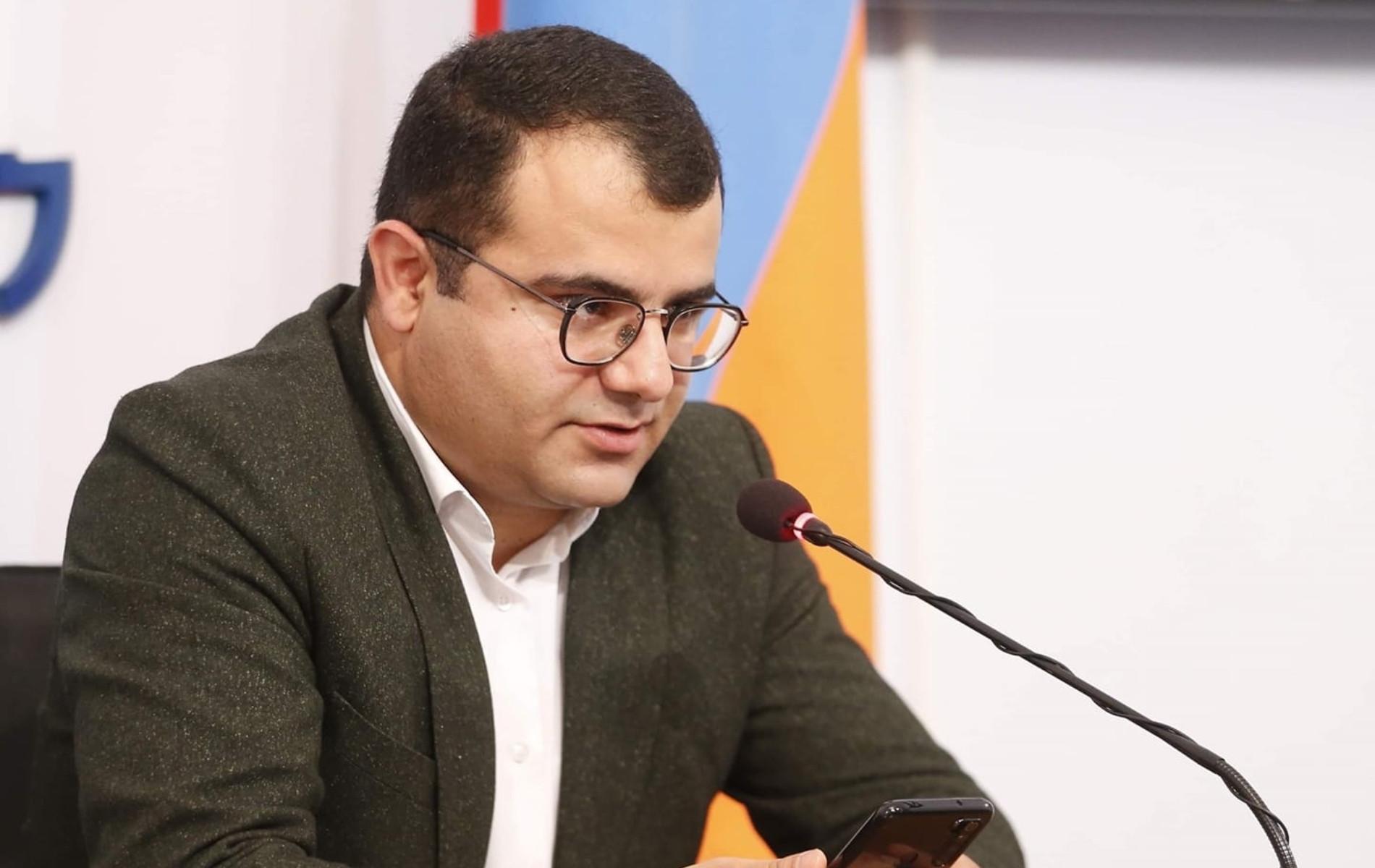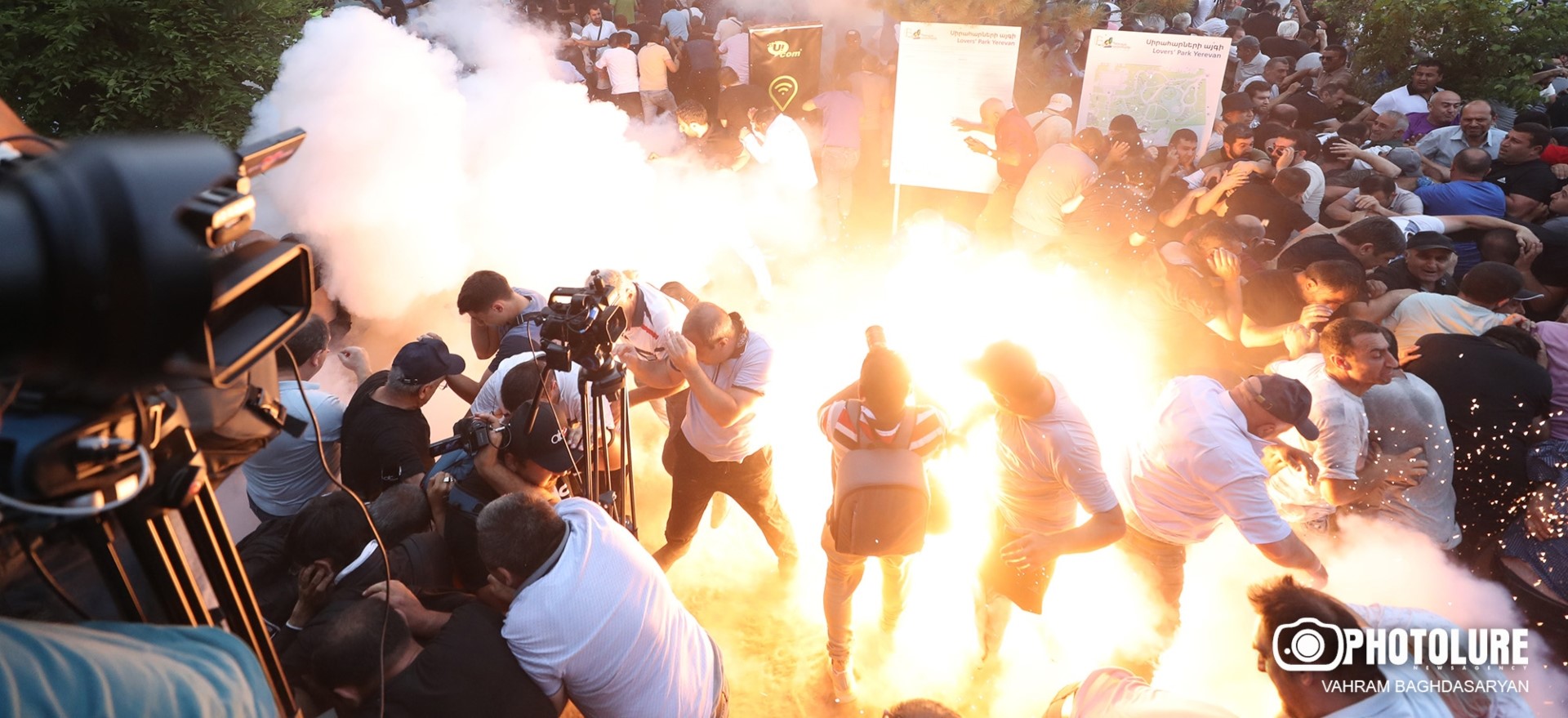October 20, 2025, Yerevan
The agenda of the National Assembly session scheduled to begin tomorrow, October 21, 2025, includes a draft law proposing amendments to the RA Law “On Audiovisual Media.” This document, contained in a few lines, stipulates that the number of public broadcasters cannot be less than two, instead of the three required by the current law. Moreover, the requirement for an educational-cultural program is also going to be removed. From the text of the draft law and its accompanying justification it becomes evident that the legislative proposal seeks to abandon the spiritual-cultural Shoghakat TV Company and exclude it from the list of public broadcasters.
We, the undersigned journalistic organizations, find it unnecessary to dwell in detail on the official position regarding the need for this change, since it is overly general, somewhat misleading, unconvincing, and raises numerous questions. In reality, the initiative does not stem from the cited financial, managerial, quality-related, or operational issues, but rather from an evidently political context: the gradually intensifying confrontation between the authorities and the Armenian Apostolic Church, with which Shoghakat TV Company is known to have close ties.
It is noteworthy that the current law prohibits religious institutions from establishing and sponsoring broadcasting organizations. Since Armenia’s independence, this approach has periodically undergone revisions and changes, with the ban lifted and reinstated, depending on political expediency. In the same way that Shoghakat was once included in the public broadcaster system, the current reconsideration of the issue is purely situational, conditioned this time by the aforementioned conflict.
Meanwhile, public interest demands that cultural, spiritual, educational, scientific and other similar topics—whose coverage, as a rule, does not pursue commercial goals yet is important for the development of society—be among the priorities of the public broadcaster itself. The proposed legislative amendment creates the opposite impression.
The issue of “more efficient use of resources and optimization of activities” referenced in the official justification could have been solved without this change, while preserving the comprehensive educational-cultural program as such.
From a realistic perspective, it is not difficult to predict that the parliamentary majority will pass the proposed bill, especially considering that it has been endorsed by the NA Standing Committee on Science, Education, Culture, Diaspora, Youth and Sport.
Nevertheless, even if the formulation of “at least two programs” is adopted, it does not rule out the possibility for the public broadcaster to have a third program fully devoted to cultural, spiritual, educational, scientific and other similar topics. This is what public interest demands, and we call on the authorities to consider it a priority and follow this path.
Added to that, we urge the authorities to fundamentally abandon the strictly situational approaches to media legislation, a practice that has become a concerning tradition and damages the sector’s effective functioning and development.
COMMITTEE TO PROTECT FREEDOM OF EXPRESSION
YEREVAN PRESS CLUB
MEDIA INITIATIVES CENTER
MEDIA DIVERSITY INSTITUTE-ARMENIA
PUBLIC JOURNALISM CLUB
“JOURNALISTS FOR THE FUTURE” NGO
“JOURNALISTS FOR HUMAN RIGHTS” NGO









